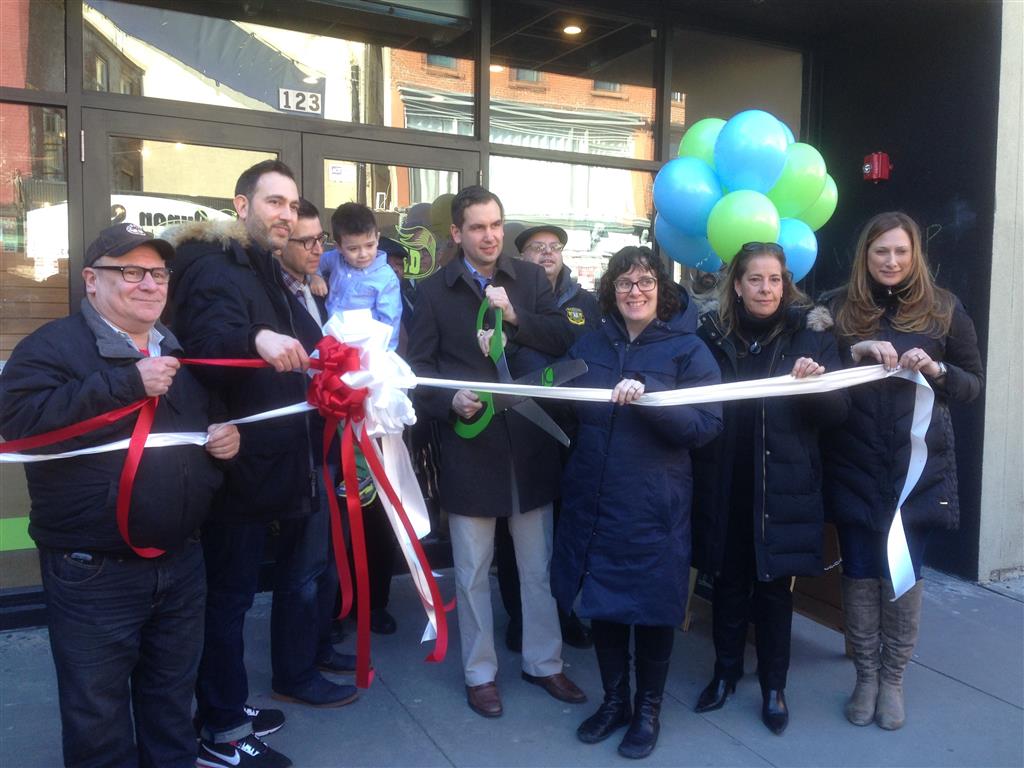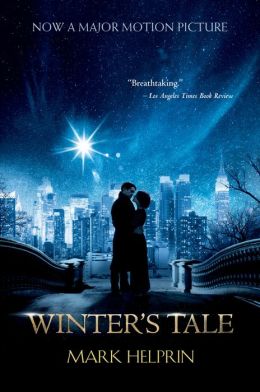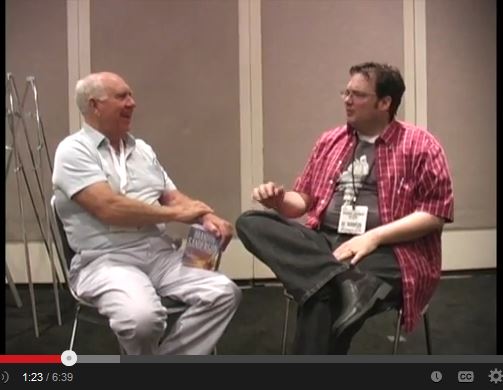 Juxtaposing a placid academic and romantic life in one Midwest small college town against the chaos of post-colonial Uganda, MacArthur Fellow Dinaw Mengestu (The Beautiful Things That Heaven Bears) places his new novel, All Our Names, at the crossroads where American excess and comfort clash with the violence and backbiting of revolutionary Africa. The story centers on clever, charismatic Isaac, who leverages his position as a non-student university protestor into a key leader in a violent rebel force intent on overthrowing Uganda's corrupt president. We follow Isaac's progression through the naive eyes of the young Ethiopian narrator who comes to Uganda with 13 names, handed down from previous generations. "I was the first in our village to have thirteen names," he explains. Isaac just calls him Daniel.
Juxtaposing a placid academic and romantic life in one Midwest small college town against the chaos of post-colonial Uganda, MacArthur Fellow Dinaw Mengestu (The Beautiful Things That Heaven Bears) places his new novel, All Our Names, at the crossroads where American excess and comfort clash with the violence and backbiting of revolutionary Africa. The story centers on clever, charismatic Isaac, who leverages his position as a non-student university protestor into a key leader in a violent rebel force intent on overthrowing Uganda's corrupt president. We follow Isaac's progression through the naive eyes of the young Ethiopian narrator who comes to Uganda with 13 names, handed down from previous generations. "I was the first in our village to have thirteen names," he explains. Isaac just calls him Daniel.
Daniel dreams of a university life studying Dickens and learning to be a writer, protected by his student status and "standing on the sidelines" of revolution. But Isaac's influence ("he was like a brother and a father to me") draws him into the fight. Government troops kill most of the protestors, and only a falsified Kenyan passport in Isaac's name lets him escape to the United States. "I came for the writers and stayed for the war," he reflects. "The difference wasn't as great as I would have thought."
Now living under his friend's name, he arrives in the Midwest and is taken under the wing of Mengestu's second narrator: Helen, a young white social worker hardened with the hopelessness of her vocation "dispensing bandages to bleeding souls and broken hearts." Like her jaundiced Lutheran Social Services colleagues, she accepts that "not only were we not Lutheran, but we also didn't really provide services either." In the disillusioned Isaac, though, she finds her humanitarian impulses renewed and, against all the rules, also finds her sexual and romantic impulses awakened.
With neatly drawn parallels, Mengestu contrasts the seemingly benign obstacles facing a poor black immigrant in the U.S. with the seemingly random and corrupt obstacles facing him in Africa. When Helen realizes Isaac's past and hers are never going to make for a happy married life in her home town, she accepts what must be and drives him to Chicago to help set up a new life with greater opportunities. Both Isaac and Helen learn the hard lesson that the past is not easy to undo. As Helen describes this wisdom: "loving someone and feeling loved in return was the best exercise for the heart, the strength training needed to do more than simply make it through life." --Bruce Jacobs
Shelf Talker: Dinaw Mengestu (The Beautiful Things That Heaven Bears) offers a moving story of love, loyalty and renewal in a world that needs as much as we can get of all of them.







SHELFAWARENESS.0213.S4.DIFFICULTTOPICSWEBINAR.gif)




 The Media Coalition and a group of booksellers, librarians, publishers and media organizations have filed a friend-of-the-court brief in Susan B. Anthony List v. Driehaus, a case before the Supreme Court, urging the court to "reaffirm the principle that persons who have a well-founded fear of prosecution under a law that infringes First Amendment rights should have standing to bring a 'pre-enforcement' challenge to the law, and need not face a choice between engaging in self-censorship and risking criminal prosecution."
The Media Coalition and a group of booksellers, librarians, publishers and media organizations have filed a friend-of-the-court brief in Susan B. Anthony List v. Driehaus, a case before the Supreme Court, urging the court to "reaffirm the principle that persons who have a well-founded fear of prosecution under a law that infringes First Amendment rights should have standing to bring a 'pre-enforcement' challenge to the law, and need not face a choice between engaging in self-censorship and risking criminal prosecution."
 In other judicial news, the
In other judicial news, the SHELFAWARENESS.0213.T3.DIFFICULTTOPICSWEBINAR.gif)
 Simon & Schuster has launched
Simon & Schuster has launched  Three committees of booksellers, librarians and other professionals have chosen the authors and books that will be the focus of this year's three editors buzz panels at
Three committees of booksellers, librarians and other professionals have chosen the authors and books that will be the focus of this year's three editors buzz panels at  Steven Fulop, mayor of Jersey City, N.J., (with green scissors) posed with Christine Onorati, owner of
Steven Fulop, mayor of Jersey City, N.J., (with green scissors) posed with Christine Onorati, owner of  "New York City may not charm everyone, but in Mark Helprin's hands the city is nothing shy of otherwordly and enchanting. In this much-praised novel, Helprin creates a New York at the turn of the 20th century, where magic rolls in like fog and becomes part of the fabric of life.
"New York City may not charm everyone, but in Mark Helprin's hands the city is nothing shy of otherwordly and enchanting. In this much-praised novel, Helprin creates a New York at the turn of the 20th century, where magic rolls in like fog and becomes part of the fabric of life. Beginning this month, the New York Public Library is
Beginning this month, the New York Public Library is  Brandon Sanderson, whose latest novel,
Brandon Sanderson, whose latest novel,  Surprise-Inside Cakes: Amazing Cakes for Every Occasion--with a Little Something Extra Inside
Surprise-Inside Cakes: Amazing Cakes for Every Occasion--with a Little Something Extra Inside Juxtaposing a placid academic and romantic life in one Midwest small college town against the chaos of post-colonial Uganda, MacArthur Fellow Dinaw Mengestu (The Beautiful Things That Heaven Bears) places his new novel, All Our Names, at the crossroads where American excess and comfort clash with the violence and backbiting of revolutionary Africa. The story centers on clever, charismatic Isaac, who leverages his position as a non-student university protestor into a key leader in a violent rebel force intent on overthrowing Uganda's corrupt president. We follow Isaac's progression through the naive eyes of the young Ethiopian narrator who comes to Uganda with 13 names, handed down from previous generations. "I was the first in our village to have thirteen names," he explains. Isaac just calls him Daniel.
Juxtaposing a placid academic and romantic life in one Midwest small college town against the chaos of post-colonial Uganda, MacArthur Fellow Dinaw Mengestu (The Beautiful Things That Heaven Bears) places his new novel, All Our Names, at the crossroads where American excess and comfort clash with the violence and backbiting of revolutionary Africa. The story centers on clever, charismatic Isaac, who leverages his position as a non-student university protestor into a key leader in a violent rebel force intent on overthrowing Uganda's corrupt president. We follow Isaac's progression through the naive eyes of the young Ethiopian narrator who comes to Uganda with 13 names, handed down from previous generations. "I was the first in our village to have thirteen names," he explains. Isaac just calls him Daniel.